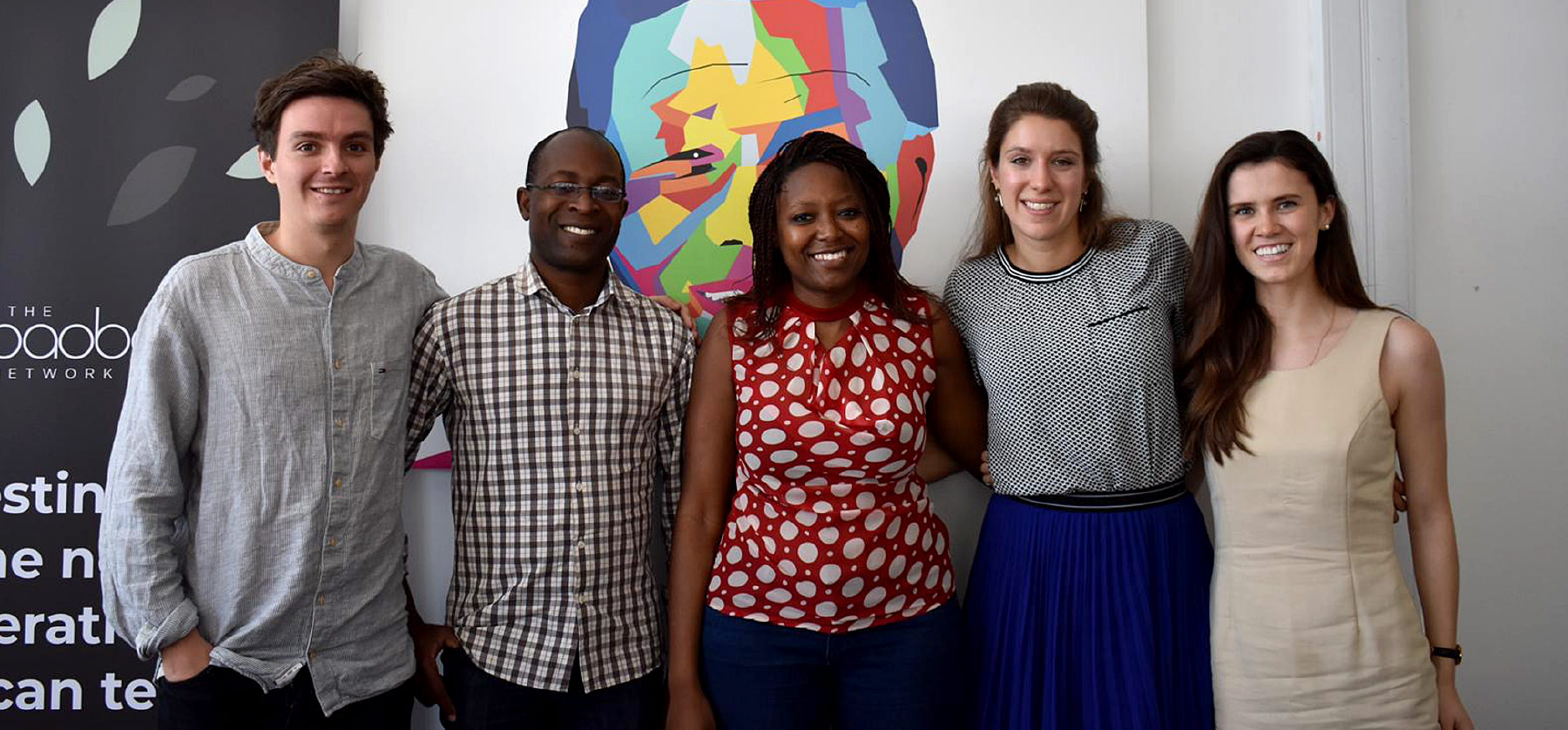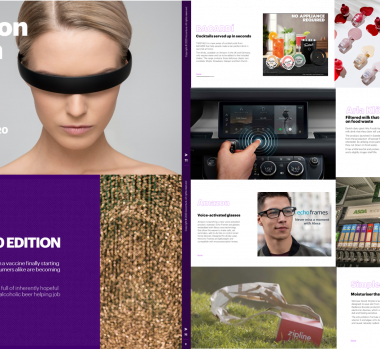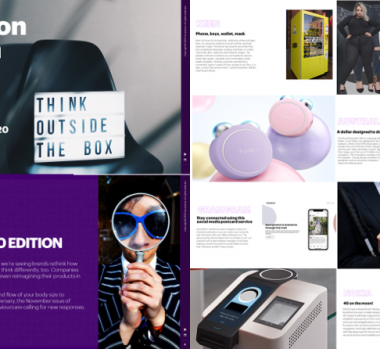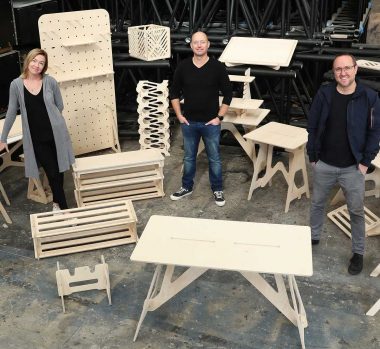Turning constraints into catalysts
As we know, start-ups have the odds stacked against them. Small budgets, newly formed teams and established competition are just some of the factors contributing to the famous statistic that 90% of new businesses fail. In contrast, large healthcare companies have big budgets, extensive expertise, hefty headcounts and already established customers and routes to market. Yet they are increasingly outmanoeuvred by start-ups. Why?
We think the answer lies in the different mentality and practices caused by the challenging environment start-ups find themselves in. They are hungry to learn, agile in
decision-making, free from fixed processes, and display a problem-solving culture that enables them to quickly course correct.
How can large healthcare companies learn from the start-up approach?
Let’s explore one start-up story that illustrates how constraints can become catalysts for innovation.
Dr CADx is a Zimbabwean medical image diagnostics start-up focusing on early detection and treatment of TB in a country where the ratio of radiologists to the population is 1:1,000,000 and over 8,000 people die from the disease each year. Working with ?What If!’s partner The Baobab Network, a social impact tech accelerator, I spent a week working with co-founders Gift and Tatenda in February 2019. When we met, they had raised only £4k. Despite this, they had a working prototype, trials underway, a strong network of potential customers and advisors and a roadmap to get to market. Scarce resources were the crucible of their creativity.
This is not a new concept- economist Jaideep Prabhu has written extensively about frugal (jugaad) innovation in India, arguing that a lack of resources, combined with the urgency to succeed, can lead to previously unimagined innovation.
The tireless energy and determination of entrepreneurs working within these constraints make innovation more likely to succeed.
Many of the strongest aspects of Dr CADx relate to the fact they have had limited resources to date. Rather than holding them back, this has done the opposite, motivating them to develop a lean business. Dr CADx co-founder Gift found open-source code and adapted the algorithms for the platform from an app he had built previously. The data needed to train the algorithm was found in free University databases, and employees were hired part-time and on a freelance basis to keep costs low. Market research took place through Tatenda’s personal network of radiographers, and decisions about the route to market are going to be made by running quick experiments, testing critical elements like pricing through free measures such as online surveys and user testing. The team work in a fluid and dynamic way, sharing the workload and contributing to multiple aspects of the business, actively discussing their priorities and rapidly changing direction when their environment shifts.
In an existing organisation, the approach might be different. Availability of budget might lead to the development of proprietary software, market research and analysis might take months working with various partners, the project might be just one of many, and the team may have fixed specialisms and remits which can make it difficult to adapt to new tasks.
At ?What If!, we focus on bringing an experimental mindset to our clients’ businesses which closely emulates how start-ups would tackle a problem. In healthcare, this isn’t just about building a commercially viable business. Dr CADx’s approach is increasing the chance their platform will be adopted, which will improve the accuracy of TB diagnosis. This will save lives, prevent the spread of infection, and save costs for a health service under enormous strain.
When large healthcare and pharma businesses apply the principles of an experimental mindset, they accelerate their speed to market and their impact. Adopting the start-up approach and combining this with their existing strengths will grow their impact. A strong first step might be creating more space around innovation projects, exploring how projects might run more efficiently, or finding ways for people to work as generalists rather than specialists, adapting their skills to bring more creativity to a new challenge.
As with Dr CADx, the impact this can have is not just in revenue – it’s in the number of lives saved and improved.
Interested in learning more about ?What If!’s approach to creating innovative ways of working?
Get in touch


